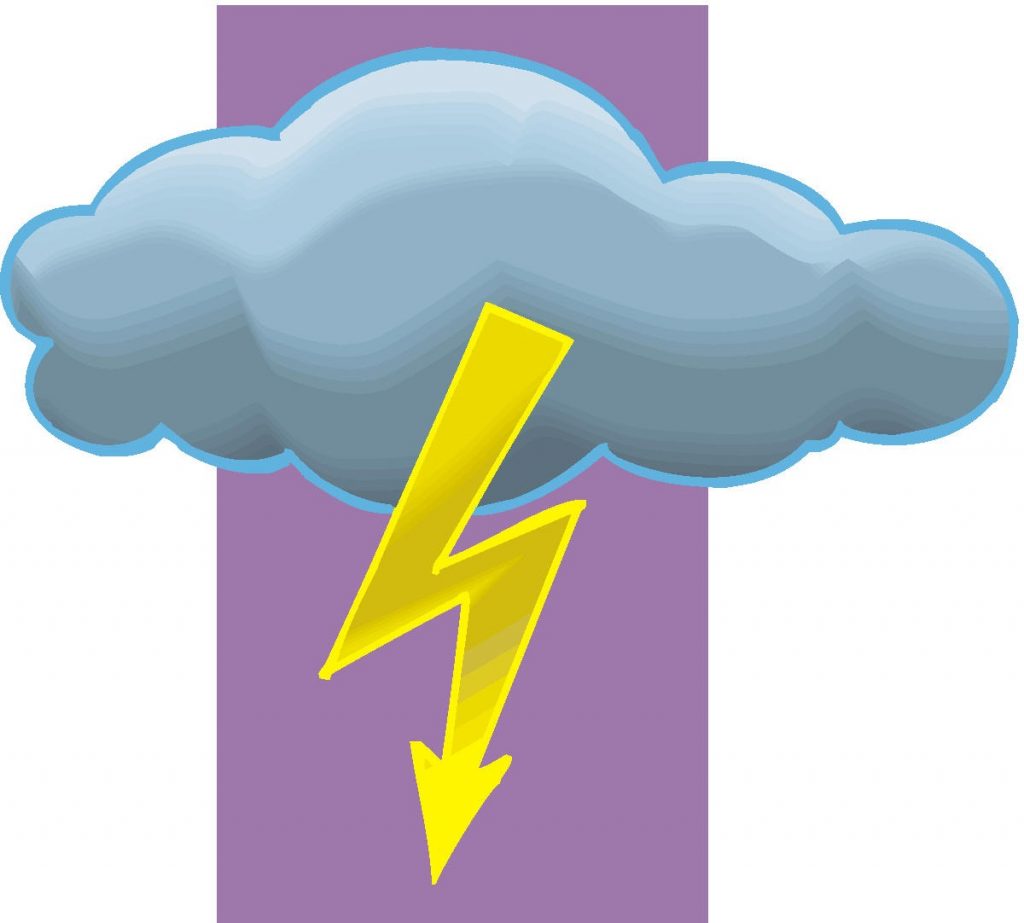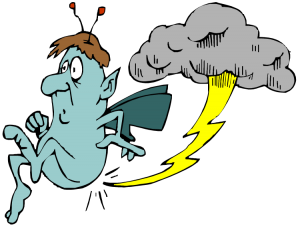Ezekiel 6:3–5, High places…idols…corpses. As a judgment against the backslid and idolatrous “mountains of Israel” (Ezek 6:1), YHVH promises to bring a sword against his people as they are worshipping their idols instead of him.
The “mountains of Israel” in this instance is a poetic and prophetic Hebraism for the nations of Israel that YHVH has scattered around the world because of his judgments against their sin.
In this modern age, few people bow down to literal idols, but idolatry is as rampant now as it was in ancient times. Any person, thing or idea that gets in the way of or hinders a person from worshipping and obeying Elohim is an idol to that person. It may be money, sex, drugs, education, power, sports, philosophies, entertainment or pleasure.
The “mountains of Israel” today are largely the Christian nations of the world, which are backslid spiritually.
Typically, YHVH raises up Israel’s enemies to punish his backslid people in hopes they will repent of their sinful ways and return to him. The biblical Edom (or the jihadist Moslems) are YHVH’s end times paddle by which he is spanking his wayward people.
So what are the high places of the Christian nations where their idols are located that Edom is attacking resulting in slain corpses being strewn about? Think of the places where Edom has been detonating bombs and spraying bullets in their attempts to massacre the “people of the book” (as the Koran calls them), who are the Jews and the Christians. The West’s high places of idol worship include sports arenas and sporting events, Christmas parties, schools, night clubs, “gay” night clubs, financial centers, churches and other places of religious activity, places of governmental authority and military installations to name a few. All these high places where idolatry occurs represent the gods and idolatrous concepts of post-Christian Israelites who have rejected Elohim for their idols.
These are YHVH’s judgments upon his people to bring them to repentance.





